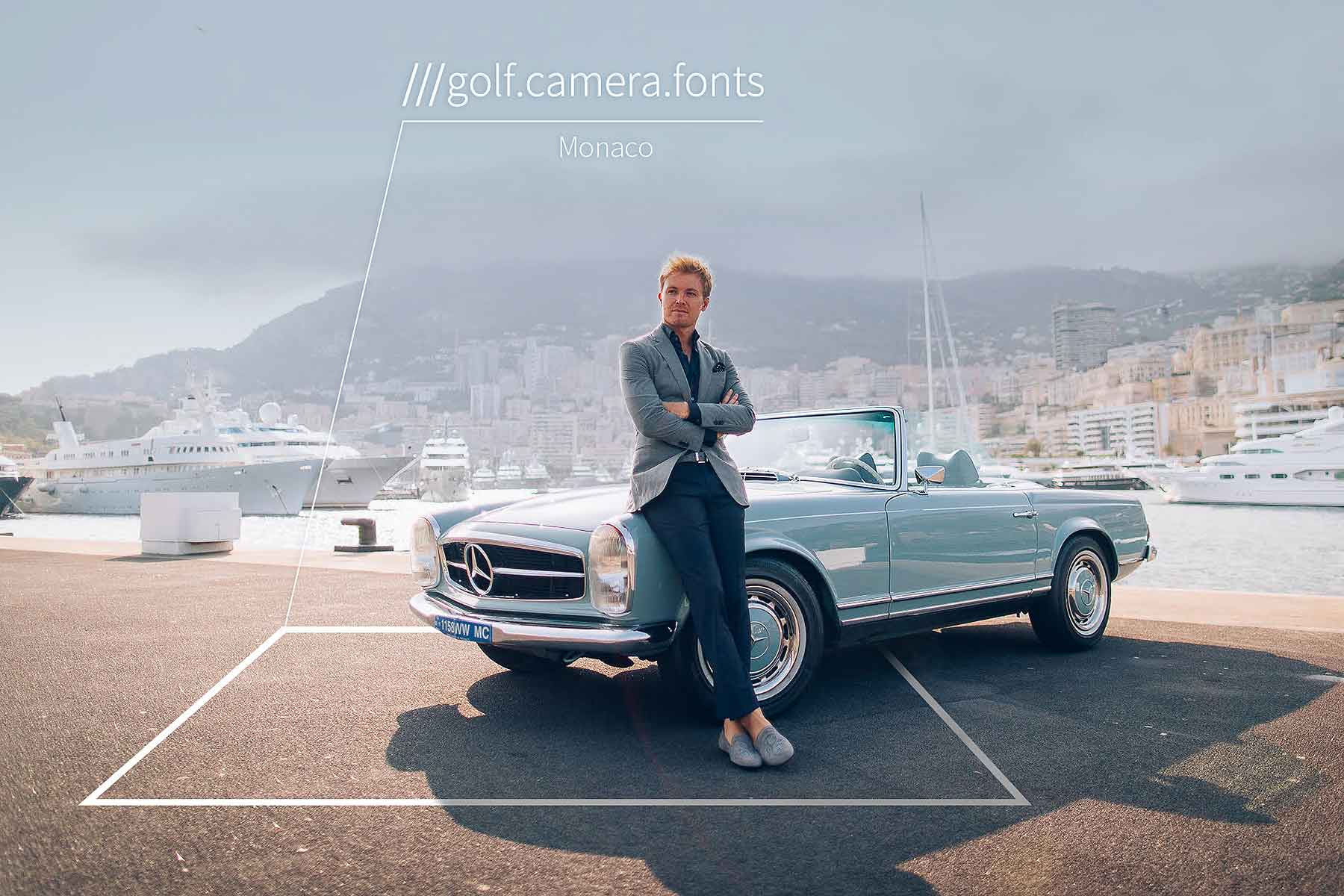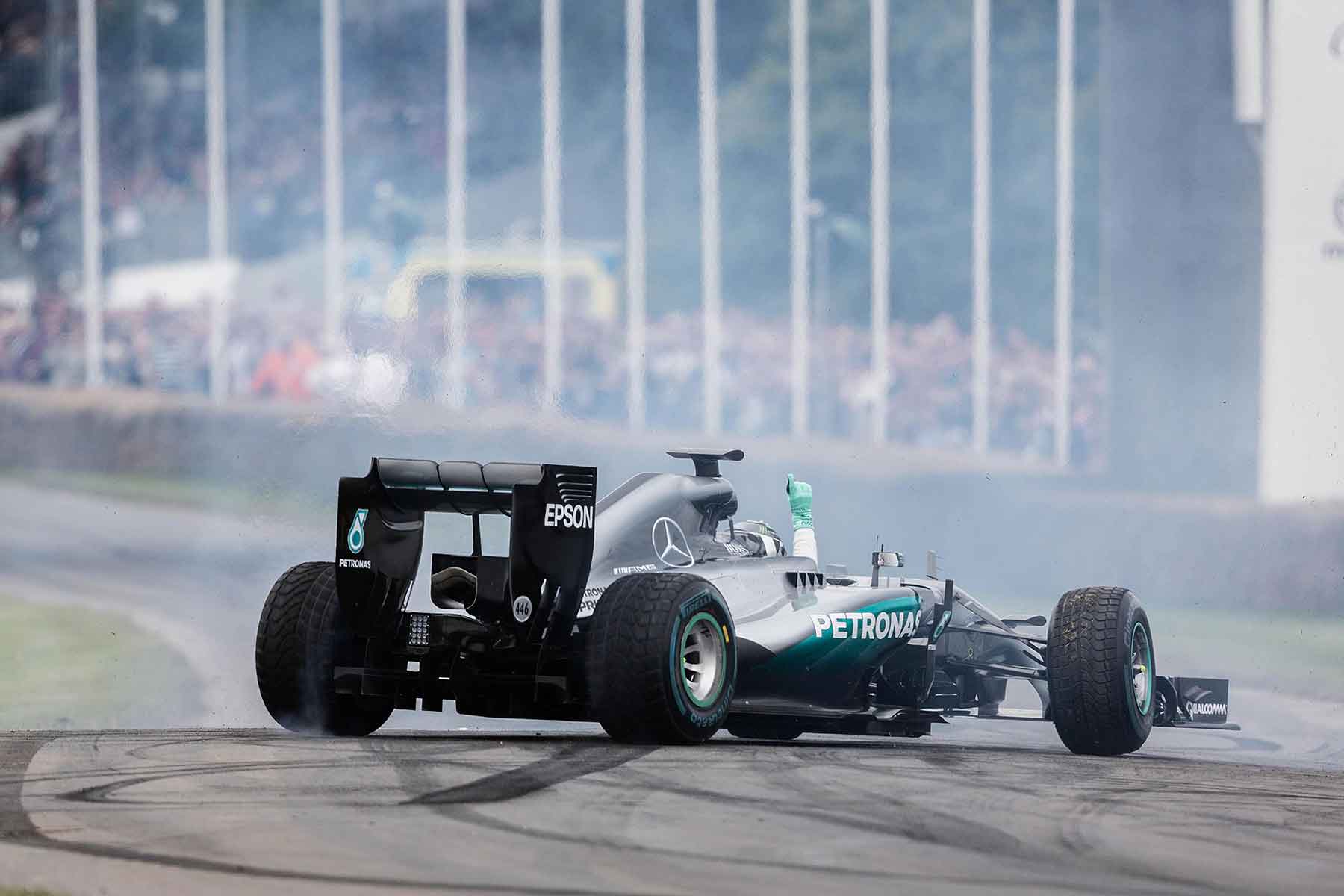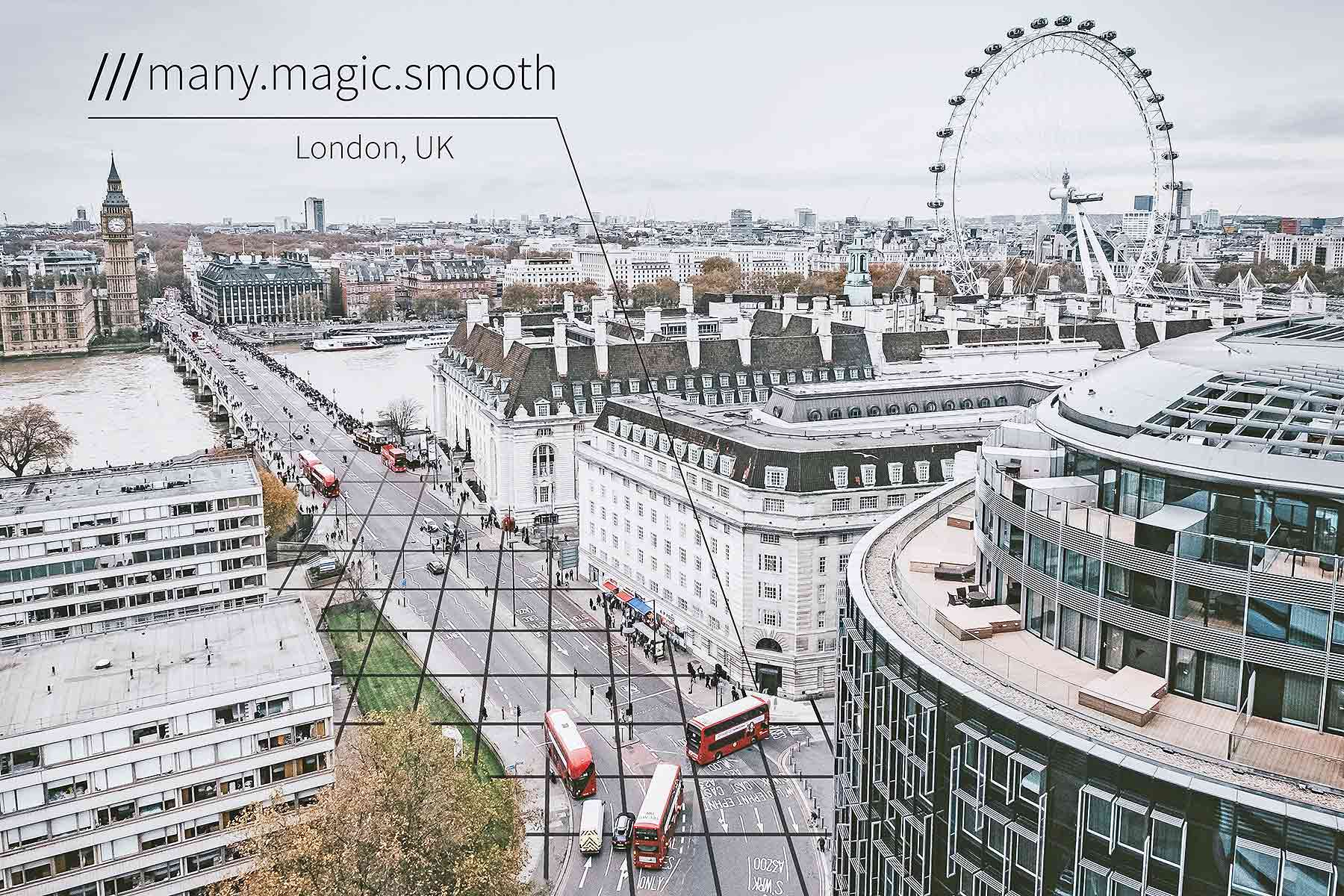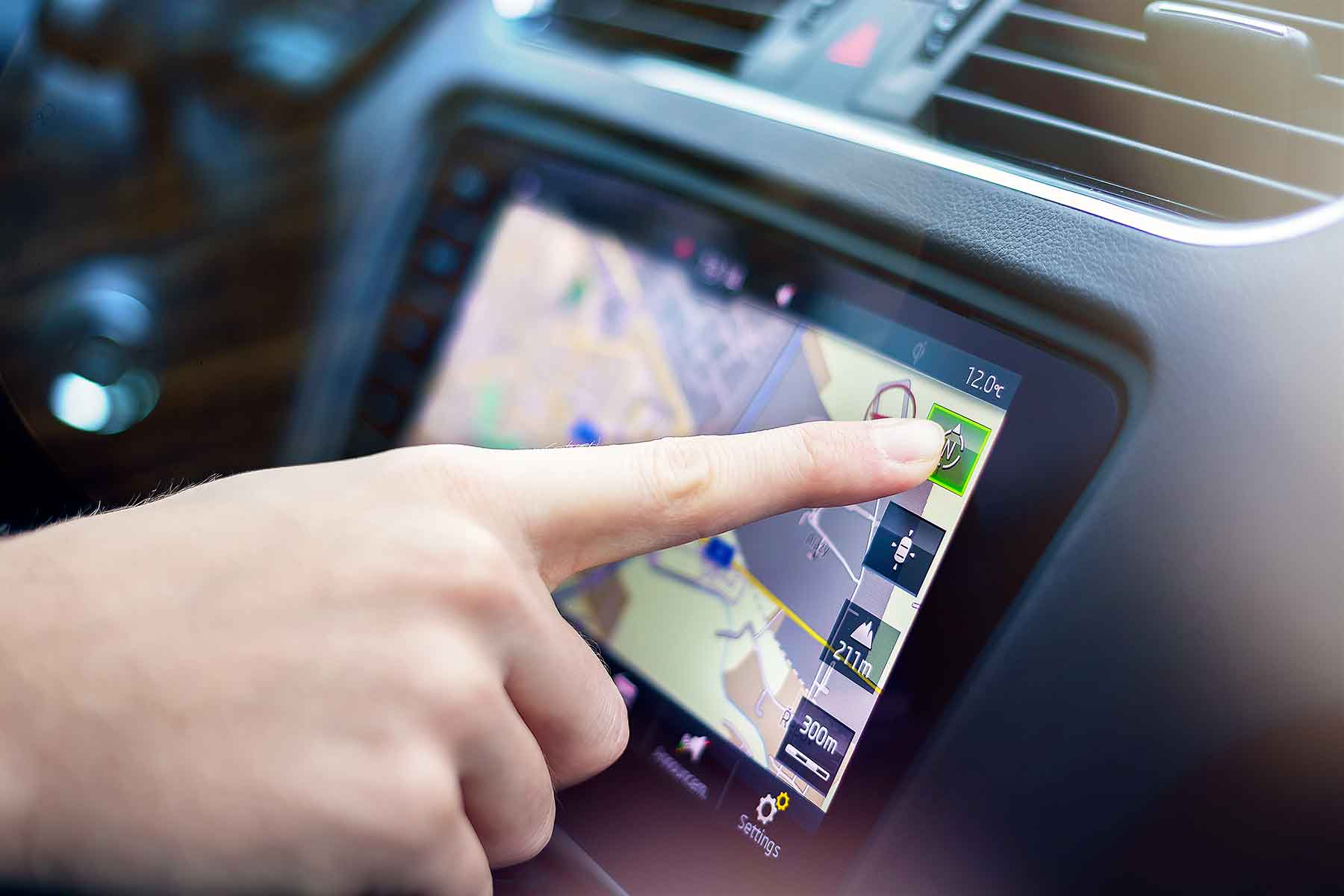 What3words is a British start-up navigation company that works by dividing the world into tiny squares, each uniquely identified by, yes, three words. Instead of typing postcodes or addresses into sat nav units, users simply type or speak three words: its simplicity a particular boon for motorists.
What3words is a British start-up navigation company that works by dividing the world into tiny squares, each uniquely identified by, yes, three words. Instead of typing postcodes or addresses into sat nav units, users simply type or speak three words: its simplicity a particular boon for motorists.
In a surprise move, the start-up seems to have caught the attention of 2016 F1 World Champion Nico Rosberg, who has just been announced as an investor in the company as part of its latest funding round.
“What3words is a truly revolutionary way to talk about location, and a technology that makes a huge positive impact on the world,” said racer-turned-entrepreneur Rosberg.

“I can now get into my car, and navigate somewhere by just saying three words. Car manufacturers that can offer a more accurate, easy to use navigation system have a real opportunity to enhance the driver’s experience and make big progress towards sustainability.”
Rosberg has joined SAIC Capital and Alpine Electronics in putting money into What3words, which is based in London. (You can navigate to its entrance with the words ///filled.count.soap.)

What’s driven Chinese giant SAIC’s investment arm to put money into the London firm, which divides the planet into 3m x 3m squares? Michael Cohen, investment director at SAIC Capital, said: “What3words is entering a new phase in which the company has a growing presence in the automotive world.
“We are excited to back them now, ahead of the technology becoming commonplace in all vehicles, and look forward to the global adoption of their unique system.’
Chris Sheldrick, CEO and co-founder, said: “The latest funding round is helping fuel our global expansion into new markets, with offices coming in Silicon Valley and Berlin later this year.”

Mercedes-Benz parent company Daimler already holds a 10 percent stake in the company and has built the navigation aid into the latest Mercedes-Benz A-Class, ahead of rolling it out to other models in its range.
“An efficient addressing system needs to be set in place not just for the future, but for now,” says the firm, “to enable technologies such as autonomous cars or drone deliveries to serve their purpose.”